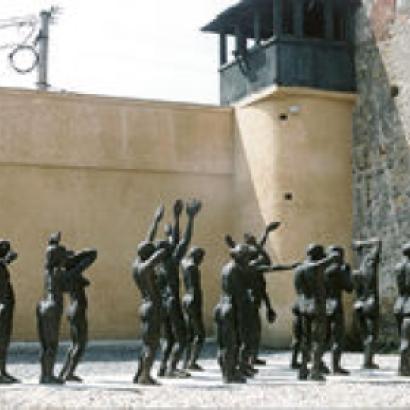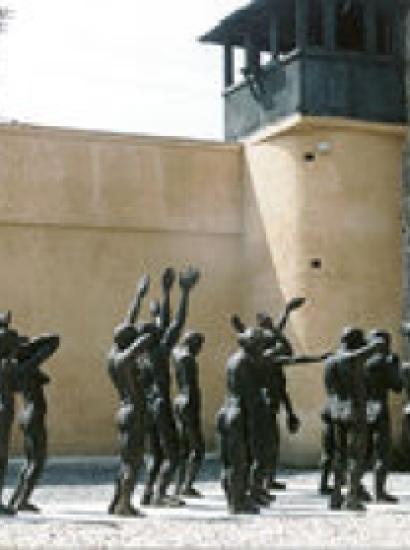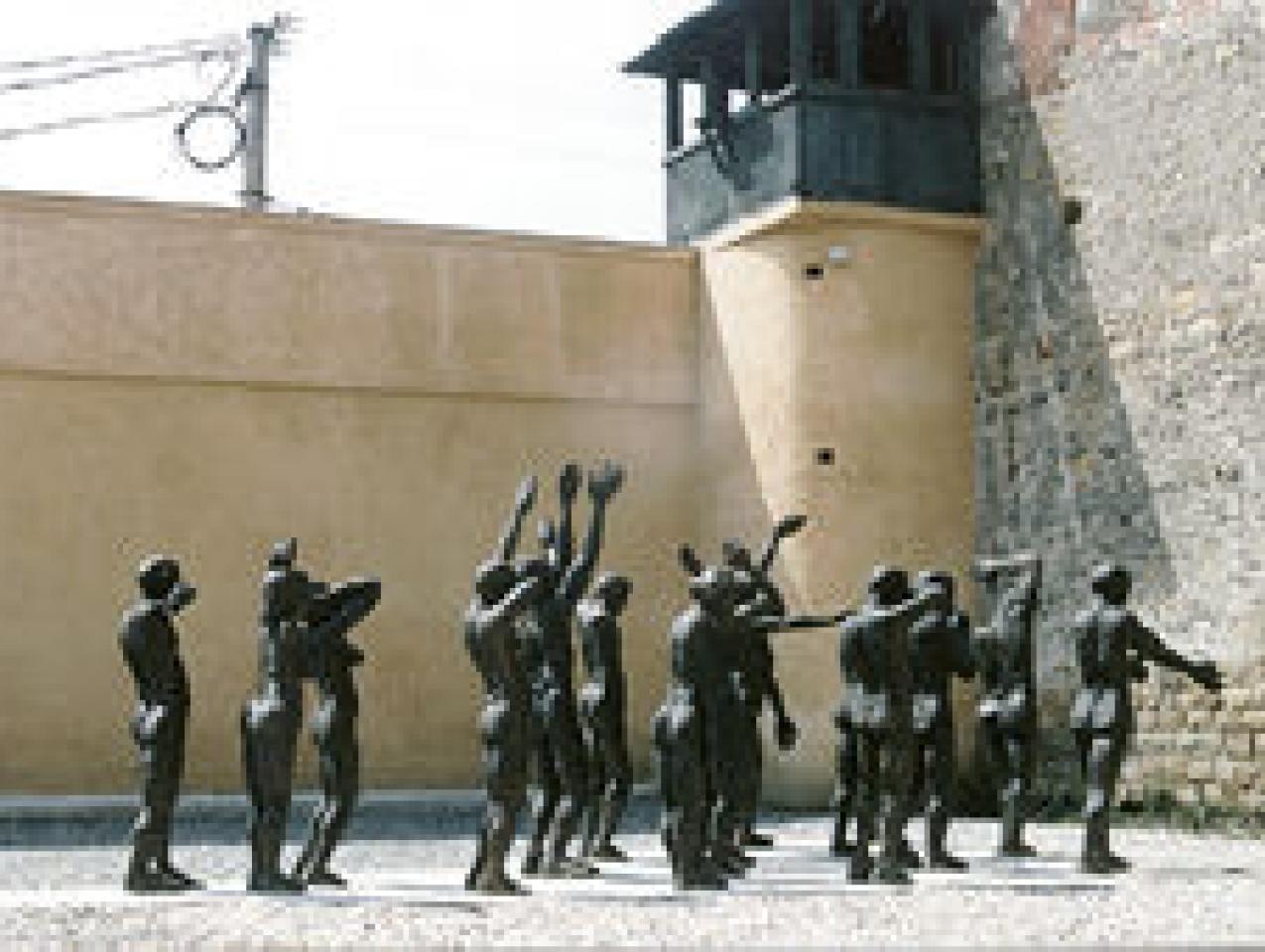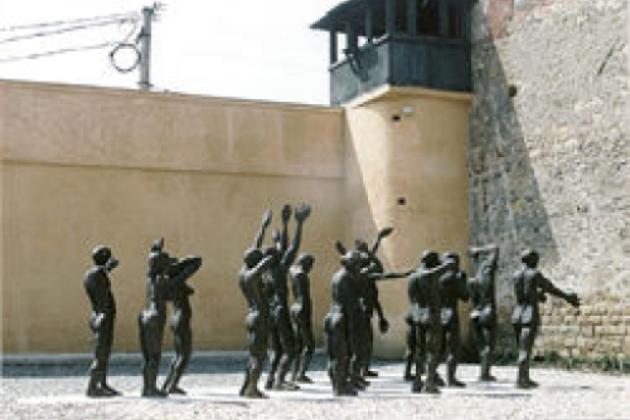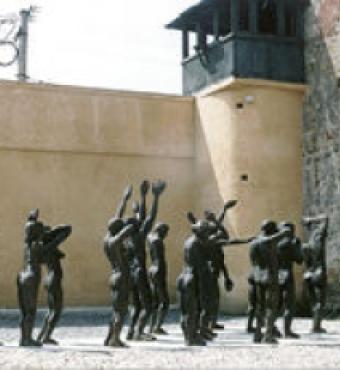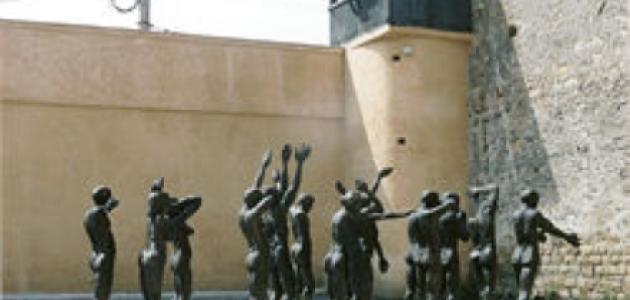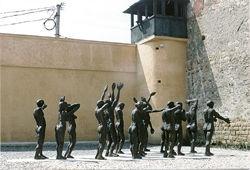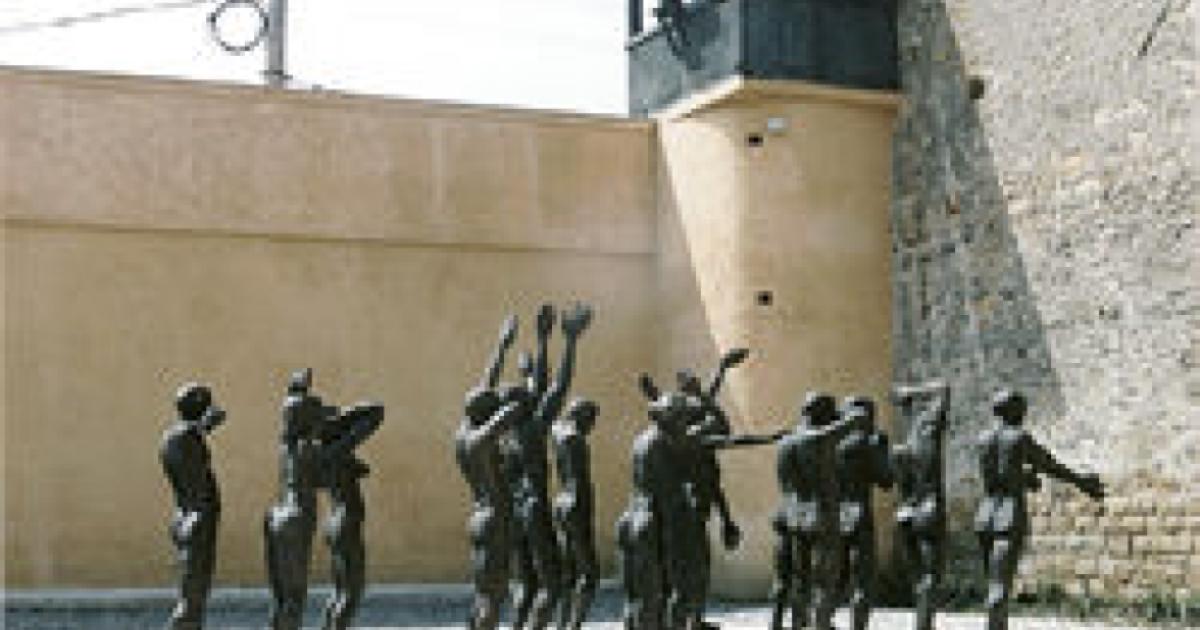The Era of Communist Repression, 1947–1989

During the Cold War, the Romanian communist leadership occasionally demonstrated a degree of independence from Moscow, which led many Western observers into underestimating the extent of the human catastrophe. The collections in the Hoover Archives preserve firsthand accounts of the victims of the regime, such as the following excerpt from an anonymous political prisoner’s testimony: “I don’t count. Communism will disappear, too. People will have forgotten about it. But at least one thing I will have done: I have broken a little part of it.”
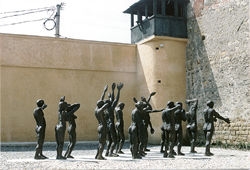
Most of the materials on the repression are included in the private papers of émigrés, including former political prisoners and their families, members of human rights groups, and leaders of humanitarian relief organizations. The accounts of former prisoners provide striking testimonies of suffering and pain, and document arrests, torture, murders, deportations, displacements, forced exile, censorship, and the mutilation of institutions and culture. In one of the interviews in the Hoover Archives, Mother Alexandra, the daughter of Queen Marie, declares: “I feel it is my duty now to inform everyone who will listen about what has happened to me, about the evils of a system that has enslaved millions. I also want to make Americans more aware of the paradise in which they live, to warn them not to lose what they have here.”
The Romanian émigrés were determined to let the West know the horrors inflicted on their country by communism. Their messages are now preserved in the Hoover Archives for future generations.
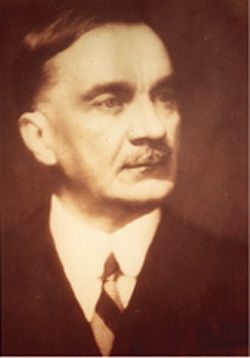
Open Letter to Romanian Americans, January 8, 1946
For decades, I have seen you leaving, one by one, for the Promised Land. I have followed you in my thoughts, from the enslaved Ardeal [a poetic term for the Transylvania region of Romania], as I followed the swallows leaving for the warm regions. For decades I have watched you working, struggling, and winning there, as an old father watches his sons living in beautiful houses from his humble home. You are able to breathe in a country above which the most glamorous treasure of the world is shining: freedom. Romanian people have so little of it.
Because of [that freedom], you can gather the fruits of your labor, develop your native qualities, and gain the respect of others. From that world that is a model of social and moral organization for us, remember your country and nation. Remember the past, the continuous struggles, the dangers, and the poverty. Remember the beauty of your land, your mountains, your forests and plains, and the simple villages guarded by old churches where your forefathers prayed. Remember always that this is the land where your fathers and nephews live. And remember they are still fighting for the black clouds above the country to disappear and for the blessings of liberty and freedom to replace them.
These thoughts will keep you close to the roots you came from and will lead your struggle with that of those from home. Think as much, though, about your new country, with a warm heart. No sign of gratitude would be too big to recompense its generosity. No sacrifice would be too big to support its great ideals. All your loyal actions and love must be grounded in the thought that, if it weren’t for the sacrifice of the United States, Ardeal wouldn’t have been freed. Remember also that we would never be able to win our struggle for liberty and democracy without the advice and help of this noble country.
— Iuliu Maniu








